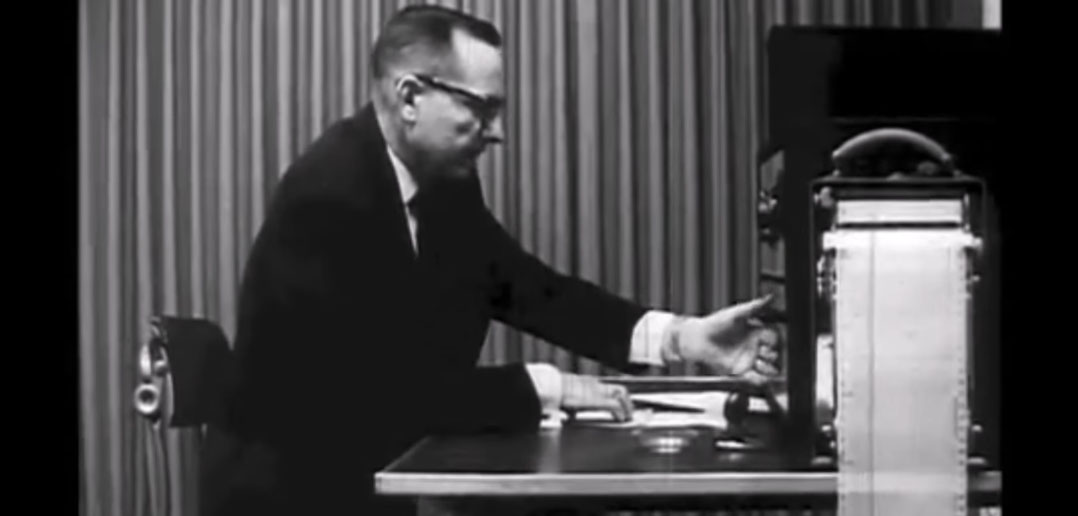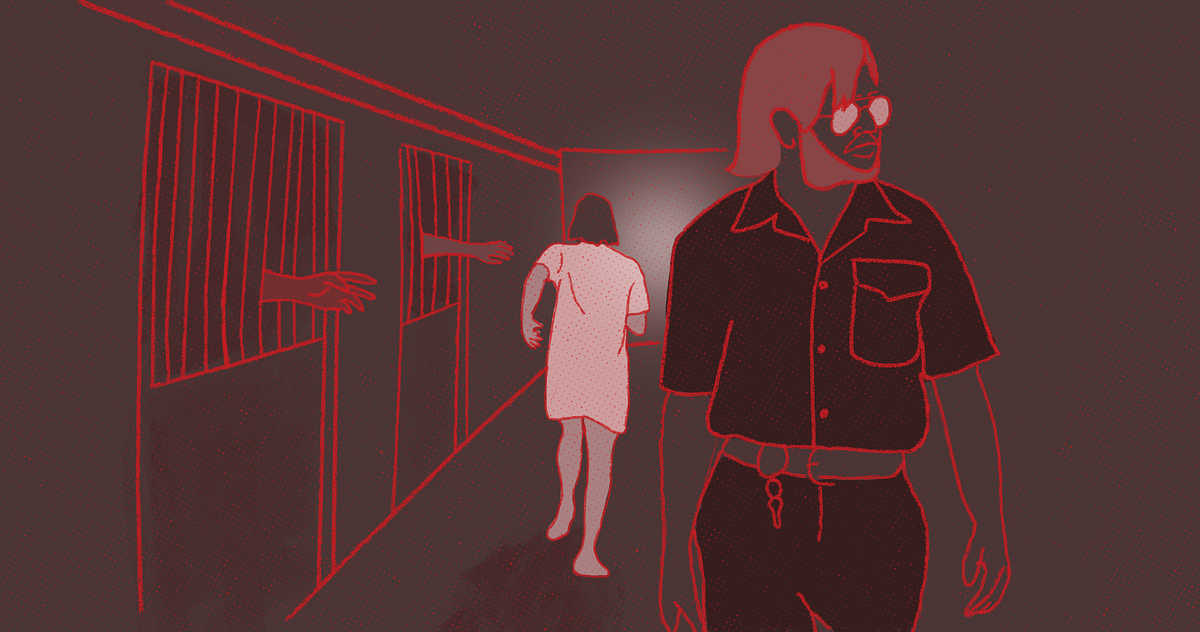- Joined
- Jul 27, 2010
- Messages
- 1,814
- Reaction score
- 1,525
SAGE Journals: Your gateway to world-class research journals
Subscription and open access journals from SAGE Publishing, the world's leading independent academic publisher.

Unpublished data from Stanley Milgram's experiments cast doubt on his claims about obedience
An analysis of previously unpublished data raises serious questions about Stanley Milgram's landmark obedience experiments. The findings, which have been
www.psypost.org


